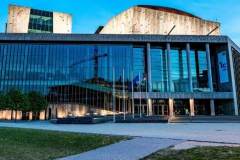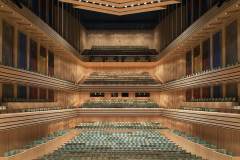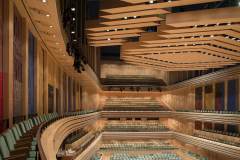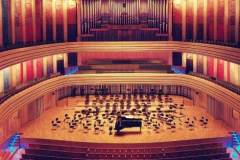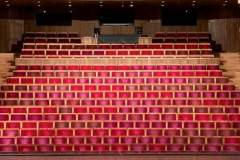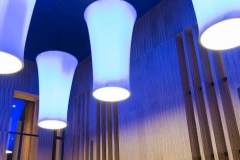Liszt: The Legend of St Elizabeth
October 2024 | ||||||
|---|---|---|---|---|---|---|
Mo | Tu | We | Th | Fr | Sa | Su |
Classical Music, Opera, Theatre
From the autumn of 1861, Liszt spent more and more time in Rome, where his interest turned towards church music. In 1862 he completed his first oratorio, The Legend of St Elizabeth. Liszt had long been intrigued by the life of the Hungarian princess, and he even visited her former home, the castle of Wartburg, in the company of the Grand Duke of Weimar. ‘My relationship to St Elizabeth is particularly tender. Like she, I was born in Hungary, and I spent twelve years that were key to my life and career in Thuringia, very close to the castle of Wartburg, where she lived, and to Marburg, where she died.'
The title role in the oratorio will be sung by Gabriela Scherer. The distinguished Swiss dramatic soprano made her debut in the 2023/2024 season at the Hamburg Opera as Senta in Wagner's The Flying Dutchman, with Ádám Fischer conducting, and this summer she will also take the stage in Bayreuth in the role of Gutrune (Götterdämmerung). The Hungarian National Philharmonic will be conducted by their music director, György Vashegyi.
Program and cast
Conductor: György Vashegyi
Featuring:
voice
Gabriela Scherer
Johannes Kammler
Bogdan Talos
Dorottya Láng
Zoltán Nagy
Hungarian National Philharmonic Orchestra
Hungarian National Choir (choirmaster: Csaba Somos)
Children's Choir of the Zoltán Kodály Hungarian Choir School (choirmaster: Ferenc Sapszon, Borbála Sapszon)
Palace of Arts Müpa Budapest
When Müpa Budapest, Hungary and its capital's new cultural hub, opened in 2005, it was built to represent more than 100 years of Hungarian cultural history. As a conglomeration of cultural venues, the building has no precedent in 20th century Hungarian architecture and has no peers in the whole of Central Europe.
The creators of this ambitious project, the Trigránit Development Corporation, prime contractor Arcadom Construction and the Zoboki, Demeter and Partners Architectural Office, were driven by the desire to create a new European cultural citadel as part of the new Millennium City Centre complex along the UNESCO World Heritage-listed Danube waterfront. The result is a facility whose construction quality, appearance, functionality and 21st century technological infrastructure makes it ideally suited to productions of the highest standard. The building is also highly versatile and equipped to host performances of any genre and almost any scale.

 EN
EN DE
DE IT
IT FR
FR ES
ES RU
RU JP
JP RO
RO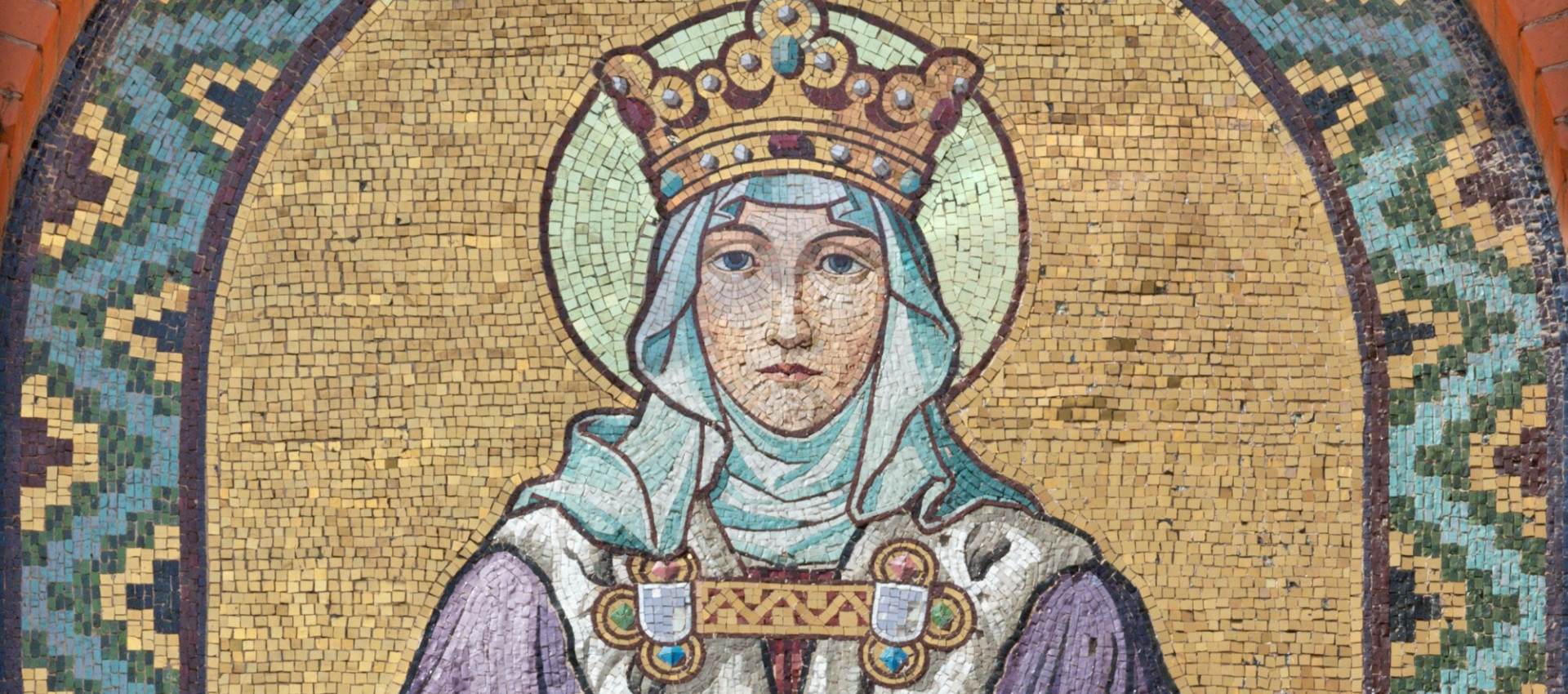
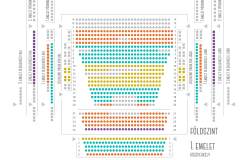 Seating plan
Seating plan 